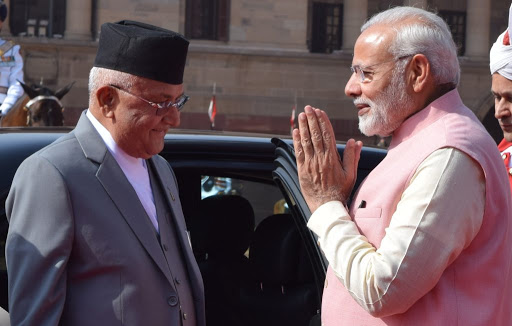Credit Suisse in its report has said metaverse has enormous potential to further expand screen time and drive more bandwidth consumption.
The transition of digital ecosystem to metaverse, where a person will feel immersed in a virtual world, will push data usage by 20 times across the globe by 2032
The report said metaverse has enormous potential to further expand screen time and drive more bandwidth consumption.
“Internet traffic is already 80 per cent video and has been growing at a 30 per cent CAGR (compound annual growth rate). Our team projects that even modest metaverse usage could drive a further 37 per cent CAGR in the next decade to 20x current data usage,” the report said on Thursday.
Augmented reality and virtual reality technologies are expected to see a boom as these are the technologies that are required for accessing the metaverse.
According to the report, while 5G will support the metaverse ecosystem, the emergence of 6G will enhance metaverse use cases.
It said the gaming segment is one of the segments where early use cases of metaverse are expected.
The report mentioned that gaming is at an early stage in India and mobile gaming is being driven by mobile phones due to the emergence of affordable smartphones and 4G data services.
“Mobile internet remains the key medium for Indian users to go online, given relatively low fixed broadband penetration. The share of mobile gaming in online games is expected to increase in future,” the report said.
The report added that India is one of the leading countries in the world in terms of number of hours spent on mobile per day but it has low penetration of fixed broadband compared to global peers, which will be key to realise the full potential of metaverse.
“While it is too early to determine the impact of metaverse on Indian telcos’ revenues, we believe Bharti Airtel (with 17 per cent of revenues from fixed line) and Jio are well placed to benefit from surge in data usage driven by metaverse in the latter half of this decade,” the report said.
The report projects fixed broadband penetration in India to increase to nine per cent in the current fiscal 22E from 6.8 per cent in FY20.
“We expect the penetration to increase further to 12.6 per cent by FY25E driven by continued demand for data and telcos’ push to improve utilisation rate of their fibre infrastructure,” the report said.
BSNL a Public sector was leader in Telcom sector prior 2014 has lost its mantle following denial of technology , however indian telecom operators Bharti Airtel and Reliance Jio are suitably placed to benefit from the surge in India according to market experts









